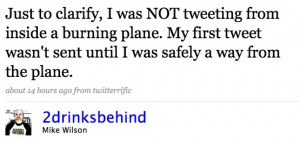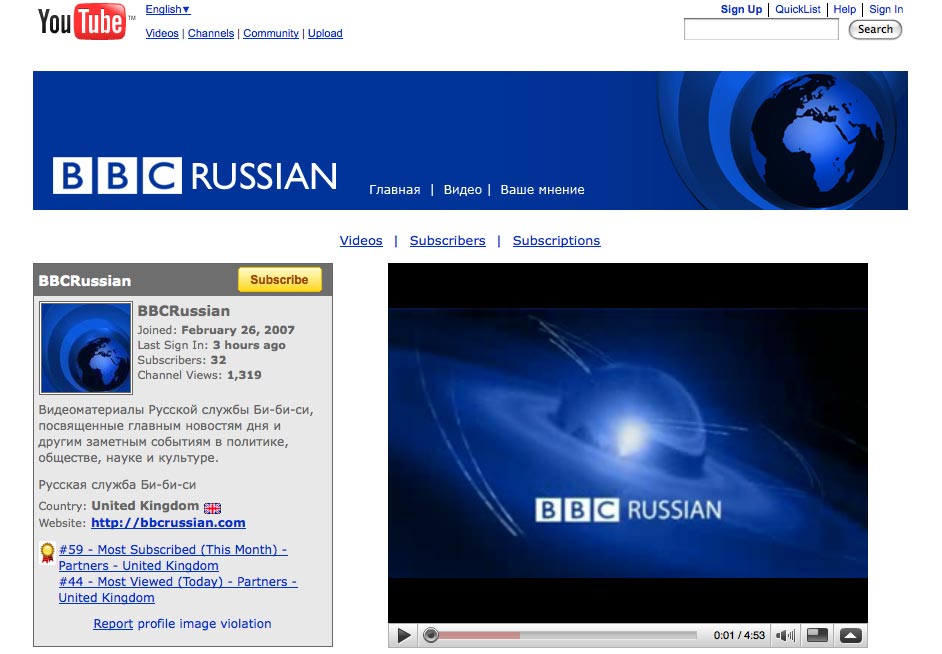(or, ‘how many times can we use the word ‘comment’ in one blog post’?)
Guido Fawkes got the comments going today with a post that said he is ‘mulling over’ whether to moderate comments over the holiday period. He also announces that in the new year a ‘community rating’ element will be introduced to his blog (details at end of this post).
Guido Fawkes, aka Paul Staines, referred back to November, to the Goldsmiths seminar on media ethics and a comment from the Times Comment editor, Anne Spackman, who said that TimesOnline spends ‘six figures’ on pre-moderating online comments [unclear over what time period – Journalism.co.uk will follow-up soon. UPDATE 19/12: Anne Spackman told Journalism.co.uk that the paper cannot currently clarify exact details, but that a six figure bill is paid to another partner.]
Fawkes said today on his blog:
“It is certainly expensive in time, every morning Guido deletes a load of comments which have, in his rather arbitrary judgement, just gone too far.”
Journalism.co.uk was also at the Goldsmiths event and spoke to Fawkes afterwards. He told Journalism.co.uk that he doesn’t moderate comments – ‘it has to get pretty gynecological before I do’.
In regards to the BNP list (which had leaked that week): “I did allow it. oh terrible, terrible, terrible. Oh well…”
“I deleted the stuff about Baby P,” he told Journalism.co.uk.
“I noticed it [information about Baby P] was still on the BBC’s website. I called them up, and they said ‘we’re not taking it down because the order doesn’t apply’. I said ‘well, is it because it’s an order or because it is right or wrong?'”
Fawkes said that if he is found to be ‘in the wrong’ he’ll take something down, but added that ‘it’s very difficult to send me a writ.’
“Unless you catch me having a drink here, where are you going to send the writ?”
“There’s no bricks and mortar,” he said.
While Guido Fawkes says on his blog post that he takes a ‘sticks and stones view to a large extent’, he outlines a number of changes to be introduced in the New Year:
“[Y]ou [the users] will still be able to say what you like (within somewhat arbitrary inconsistent limits) without pre-moderation or registering. However there will be incentives for those who produce better quality commentary based on a new element of co-conspirator community rating.
“Good comments will be more prominently displayed, disliked comments will be less prominent. The biggest innovation is that it will be possible for readers to set their own tolerance thresholds. Poorly rated comments will be invisible to those who set their preferences accordingly.
“If you only want to see comments judged by co-conspirators to be witty, amusing or illuminating, set your threshold to ‘Recommended’. Don’t want to read foul language? Set your threshold to ‘U’. Want to see all and any comments no matter how foul? Set your threshold to ‘XXX’.
“If your commentary is consistently recommended your comments will automatically be more prominent in the future and may even get highlighted on the frontpage.”
Unmoderated comments follow his post.

 The BBC has made good on its October promise to launch
The BBC has made good on its October promise to launch